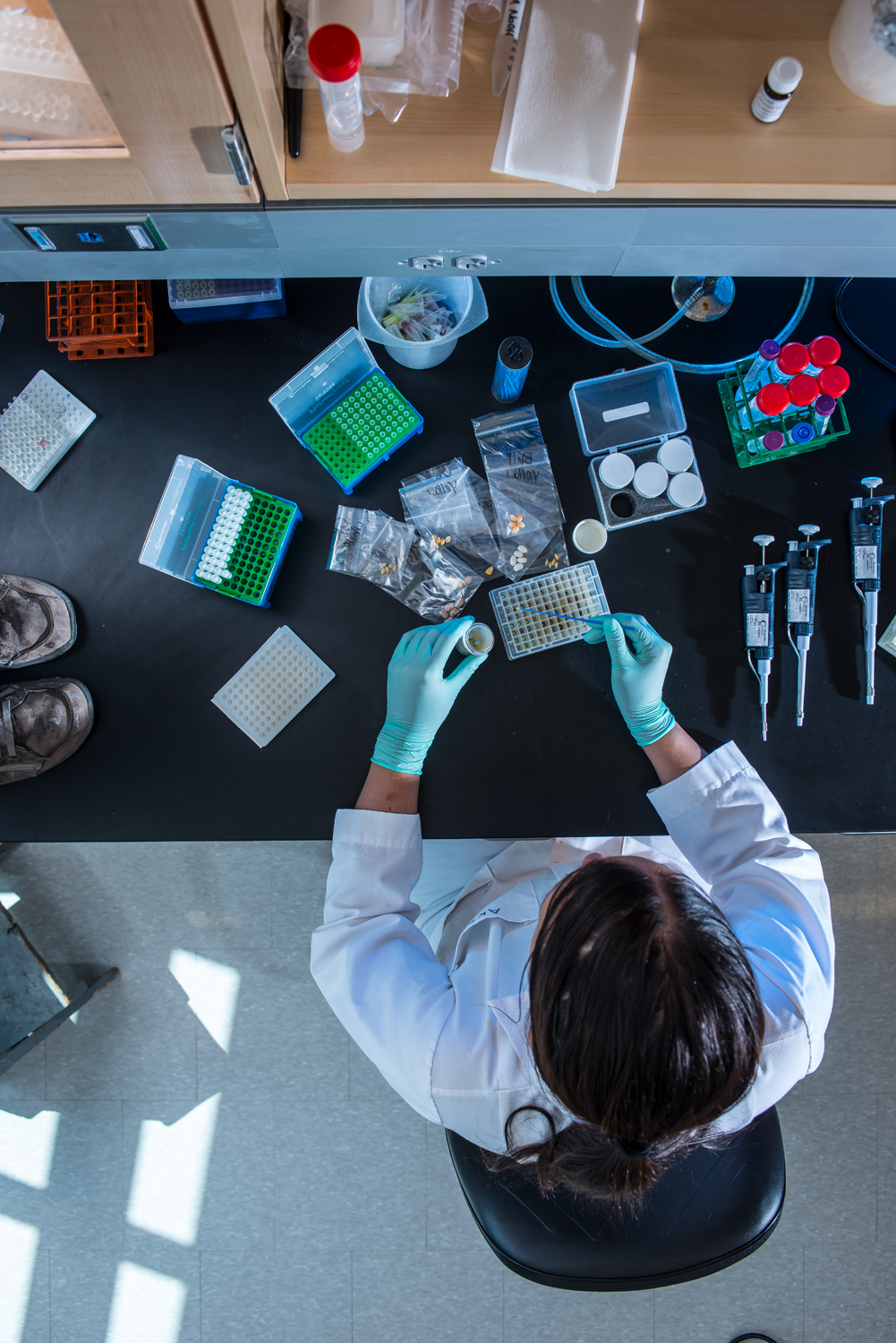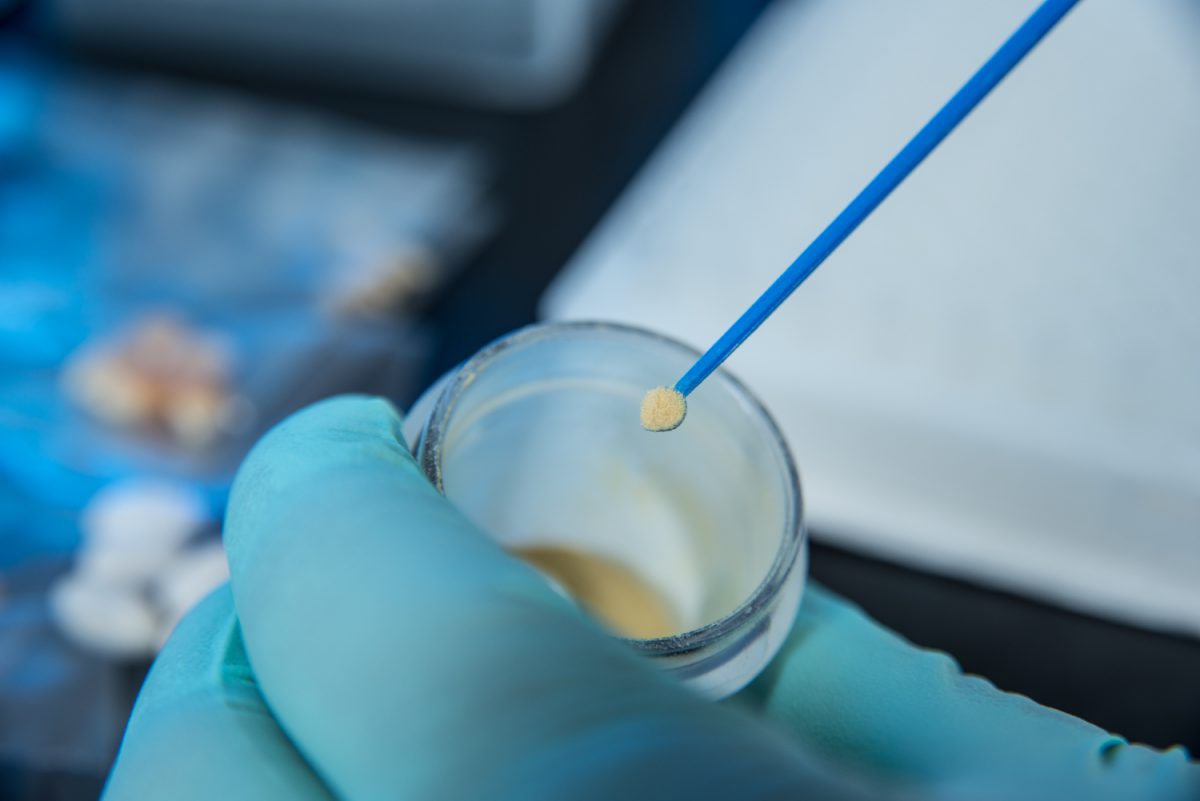Food for Health Center Focuses on Gut Microbes

When you reach for that box of cereal in the morning, you’re feeding not just yourself, but the 100 trillion microbes living in your gut.
This complex gut microbiome – the collection of microorganisms residing in the digestive system – significantly influences your health, from supporting the immune system to contributing to diseases, such as obesity, diabetes, inflammatory bowel disease and even depression.
The university launched the Nebraska Food for Health Center to help prevent diseases by developing foods with ingredients clinically proven to promote a healthy complement of bugs in your gut.

Combining Nebraska’s strengths in agriculture and medicine, this multidisciplinary center creates a complete research pipeline, from identifying molecules in plant-based foods that support the gut microbiome to translating those discoveries into palatable, healthy foods.
“Uniting agriculture and medicine lets us think differently about agriculture. This new interface … holds tremendous potential to transform how we think about preventing and treating disease,” said center director Andrew Benson, W.W. Marshall Distinguished Professor of Biotechnology.
The center is the first to integrate large-scale agricultural research with biomedical and food science research to develop food products that help prevent and treat health issues. The University of Nebraska Medical Center and the University of Nebraska Omaha are center partners.
“Nebraska is distinctive in its ability to combine expertise in agriculture, medicine and food science, enabling our leadership in this important emerging area of food for health,” Chancellor Ronnie Green said.

The research takes advantage of the tremendous natural genetic diversity of crop plants. Instead of breeding for traits that increase yields, researchers target a unique trait: grains’ ability to affect the gut microbiome. These traits are ultimately validated in animal models and human clinical studies.
The center’s work advances several accomplishments that established Nebraska’s international reputation in the emerging gut microbiome field. Benson and colleagues found, for example, that diet exerts a stronger effect on the gut microbiome than individual genetics. Therefore, diet is the best tool available for manipulating the gut microbiome and influencing health.
The Raikes Foundation and the Bill & Melinda Gates Foundation contributed $5 million toward the center, headquartered at the Food Innovation Center on Nebraska Innovation Campus. Over the next five years, university funds and private donations will provide about $35 million to support this initiative.
+ Additional content for Food for Health Center Focuses on Gut Microbes
Nebraska Food for Health Center to unite strengths in agriculture, medicine